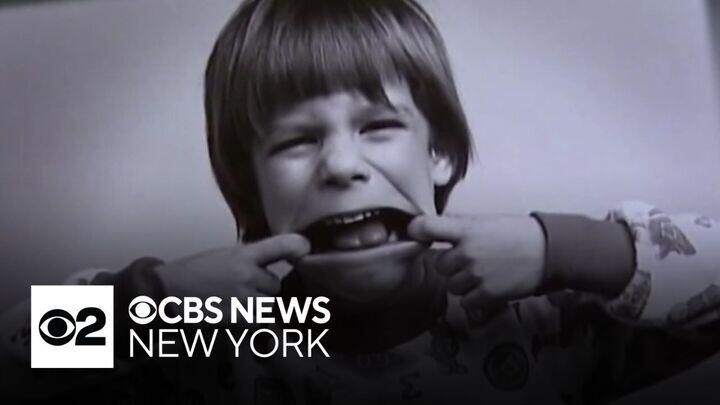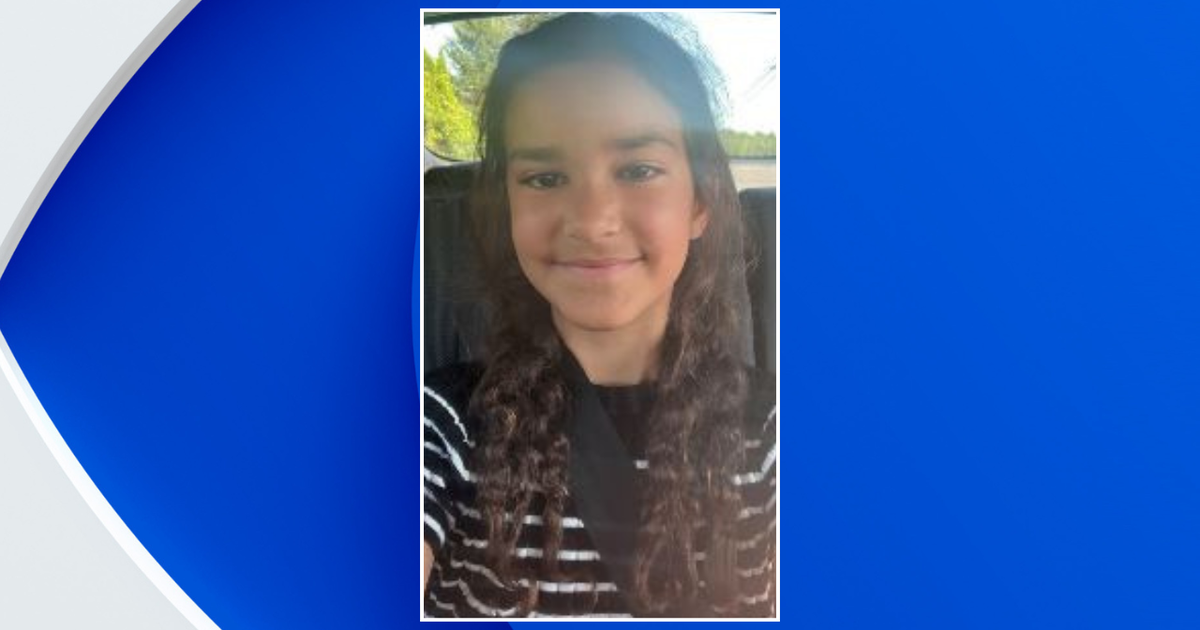Man convicted in Etan Patz's kidnapping, murder ordered to have new trial or be released
A federal appeals court ruled that Pedro Hernandez, the man convicted in the 1979 disappearance of 6-year-old Etan Patz, needs to face a new trial or be released.
In 2017, after two trials, Hernandez was sentenced to 25 years to life in prison on charges of second-degree murder and kidnapping in one of the most notorious missing child cases in the U.S.
What the court decided
Hernandez's first trial in 2015 ended in a hung jury, but he was found guilty in the second trial after nine days of jury deliberation.
Hernandez's attorney appealed the verdict, claiming the instructions the jury was given "ignored clearly established Supreme Court precedent and prejudice the verdict."
"We conclude that the state trial court contradicted clearly established federal law and that this error was not harmless," the court wrote, ordering the new trial or Hernandez's release.
Hernandez's attorneys said his confession was false, spurred by a mental illness that makes him confuse reality with imagination.
Hernandez, a teenage bodega worker at the time, had confessed to the killing, although his attorneys argued he was mentally ill and had given false confessions. Hernandez said he lured Etan with a soda and strangled him in a basement.
"When he went by me, I grabbed him by the neck and I started to choke him," Hernandez said on videotape on May 24, 2012.
The confession was at the heart of the federal court ruling overturning the conviction. The appeals court ruled the judge gave "clearly wrong" and "manifestly prejudicial" instructions to the jury in response to a question about his confession.
"For more than 13 years, Pedro Hernandez has been in prison for a crime he did not commit and based on a conviction that the Second Circuit has now made clear was obtained in clear violation of law," Hernandez's attorney Harvey Fishbein said. "We are grateful the Court has now given Pedro a chance to get his life back, and I call upon the Manhattan District Attorney's Office to drop these misguided charges and focus their efforts where they belong: on finding those actually responsible for the disappearance of Etan Patz."
"The jury in the case considered confessions when they shouldn't have been able to consider confessions," legal expert David Schwartz said. "If a jury determines that a confession is an involuntary confession, then they can't consider it. The law has to be equal for everyone."
The Manhattan District Attorney's Office says it is reviewing the ruling.
Etan Patz case changed the city, and the country
It was one of the most haunting missing child cases in New York City history.
Etan vanished on May 25, 1979 while walking to his school bus stop in SoHo. It was the first time he was ever allowed to walk there alone. The case captivated the nation, and terrified parents everywhere. He was one of the first missing children to be pictured on milk cartons. The anniversary of his disappearance was designated National Missing Children's Day.
The search for answers took decades.
Jurors spoke out about their decision back in 2017. The jury's foreman said at the time deliberations had been difficult.
"We were very nervous about making the wrong call," another juror said.
"We approached it logically and compassionately," juror Cateryn Kiernan said.
Now the case has taken another legal turn, something Fishbein predicted on the day Hernandez was convicted.
"Over the years, we have established serious legal errors in this case. I hate to say, but we're confident we'll be back here one day," Fishbein said in 2017.
Experts say it may be difficult to re-try the case without the confession, because there was no physical evidence, and Etan's body was never found.
Hernandez's attorney said the charges against him should be dropped.





